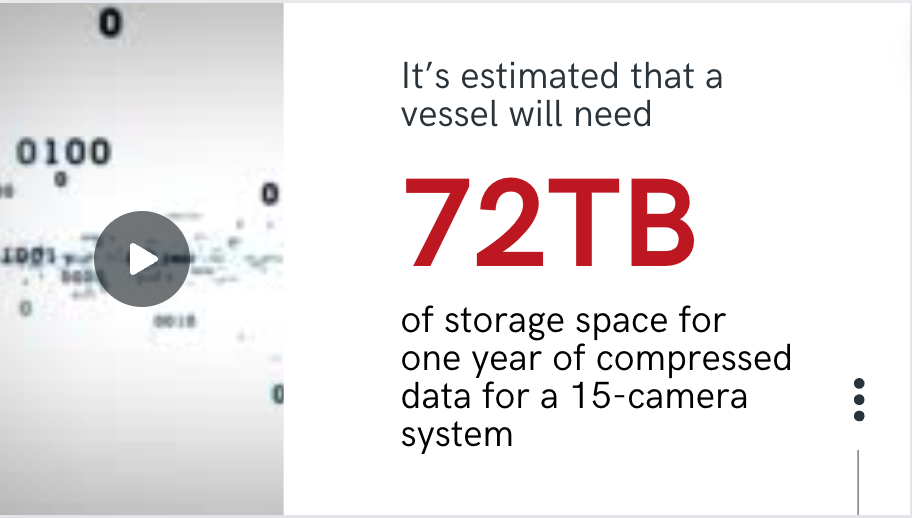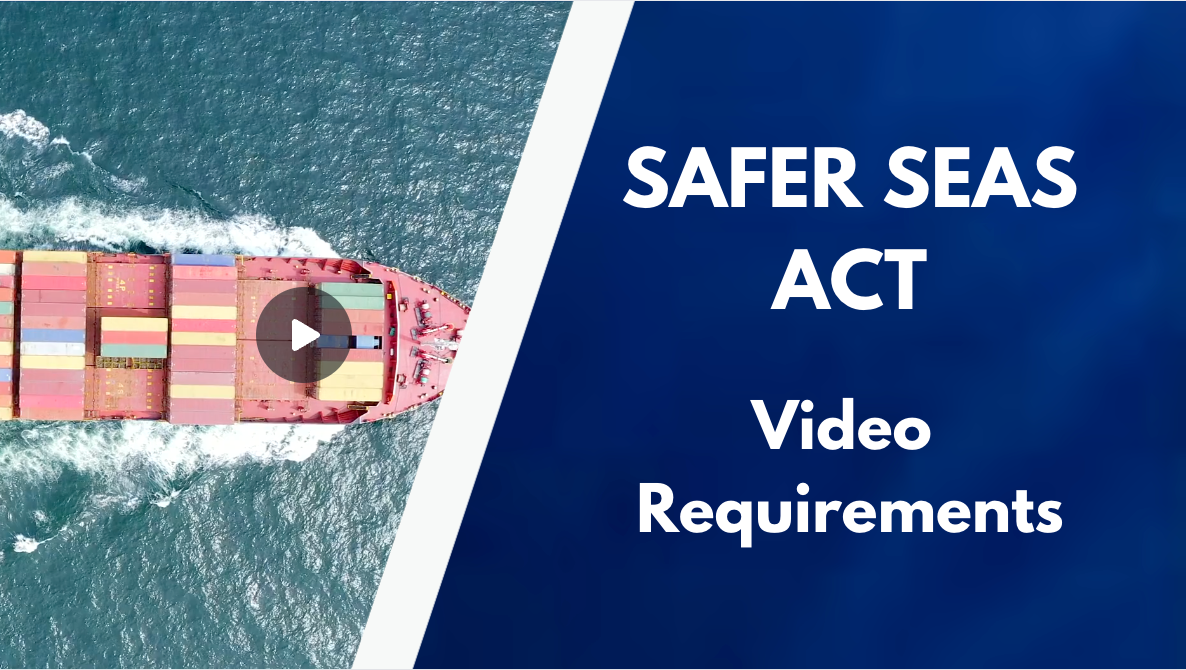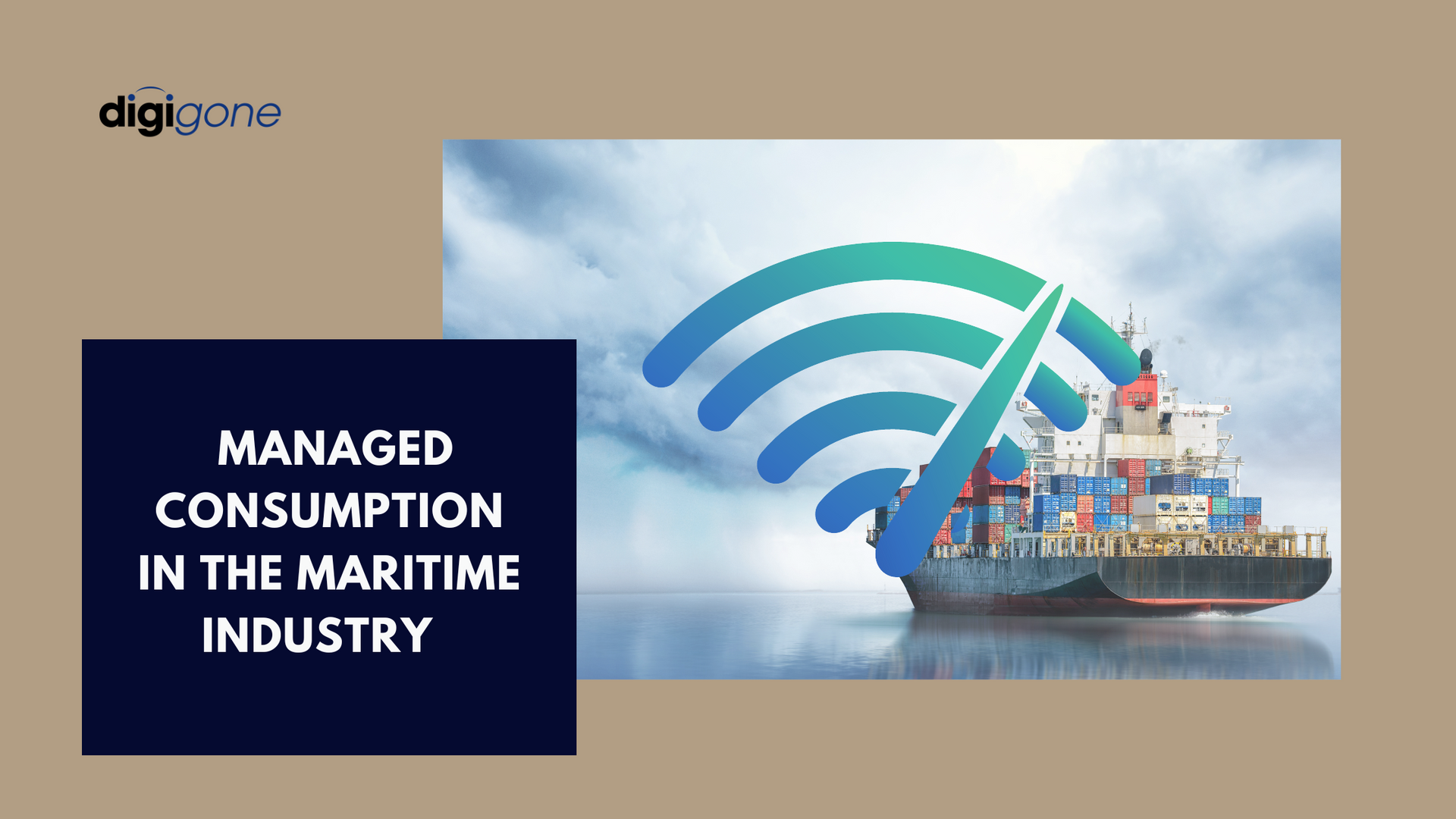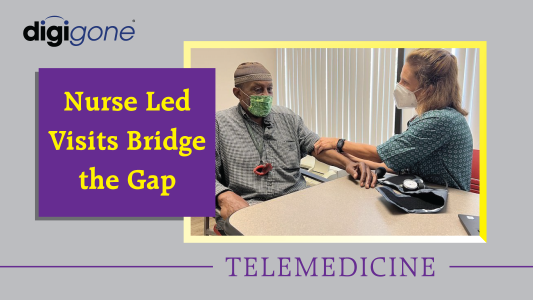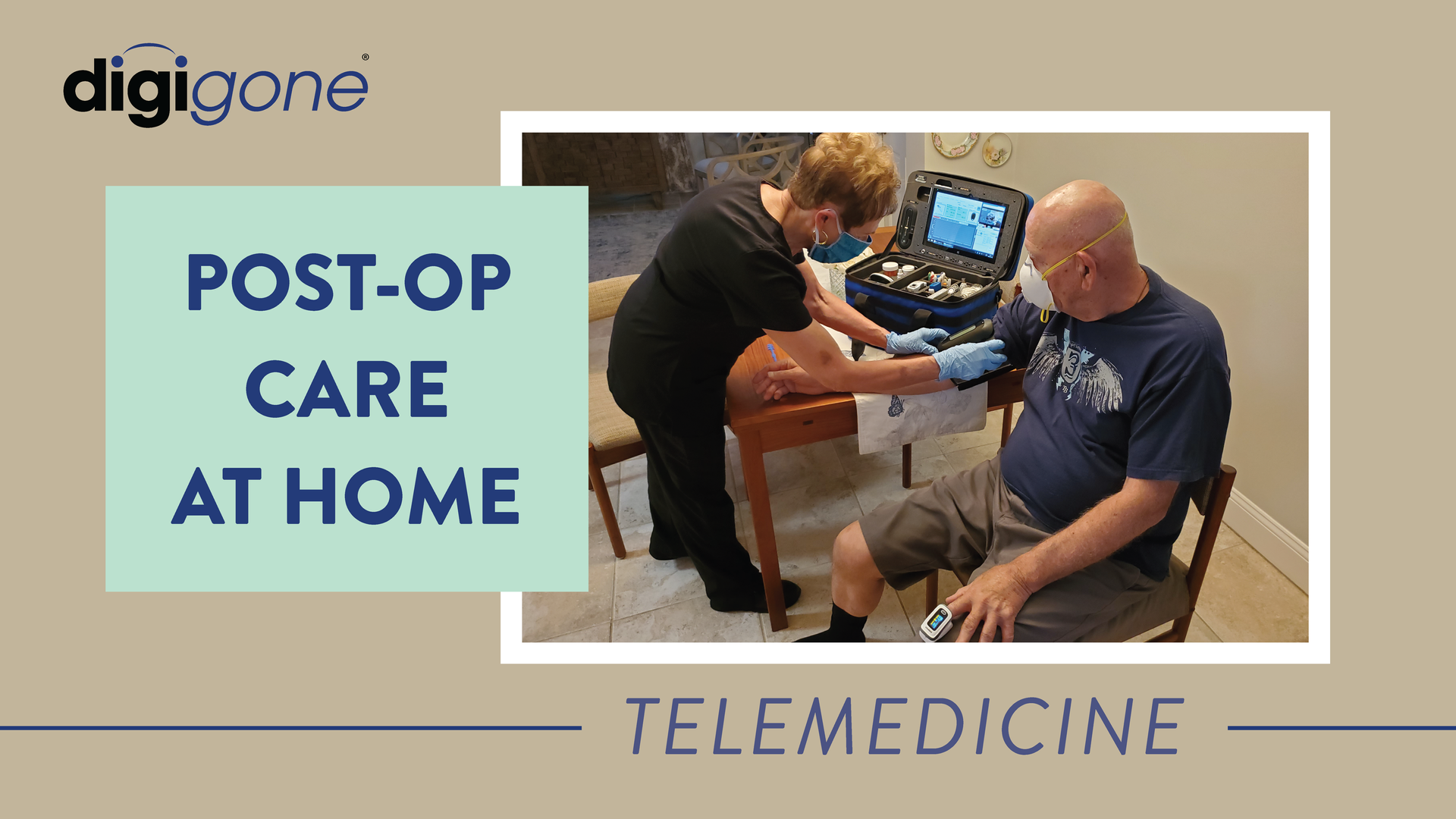Staying Healthy at Sea; Prevention Tips and Proper Telehealth Support during the COVID-19 Outbreak
DigiGone • March 9, 2020
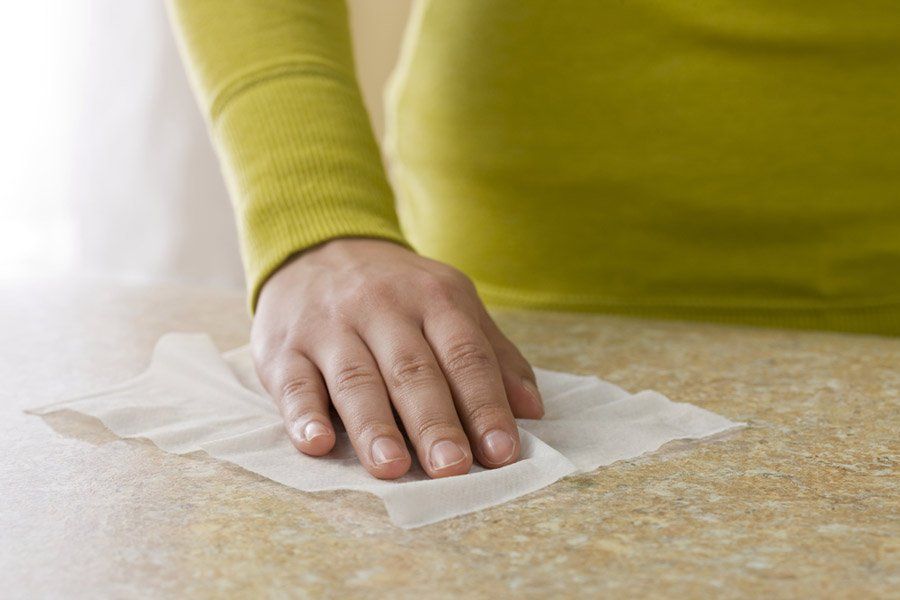
There is a significant amount of hype concerning the Coronavirus. You need to look at the facts and stay informed to make appropriate decisions when dealing the health of your crew and customer. Click here
to be taken to critical links with the latest information from the Centers of Disease Control and Prevention as well as the World Health Organization.
There’s no reason to panic, but with the spread of coronavirus, or COVID-19, it’s certainly a good time to make sure you have the proper preventative and treatment procedures in place and your telehealth service
and equipment can provide the level of care that you need. You also need to take stock by evaluating your supplies, making sure you have all the necessary medical items and medications. The goal is to maintain a safe and healthy environment for everyone on board.
Tips for Preventing the Spread of COVID-19
The CDC does NOT currently recommend
the general public use facemasks and instead urges everyday preventive actions, including washing hands with soap and water for at least 20 seconds, covering your cough and staying secluded when sick.
However, the CDC does recommend those caring for potentially sick patients to wear facemasks, as well as the patient. The caregiver or attending DMO should also wear disposable gloves.
Cleaning is paramount. The World Health Organization reports that viruses can survive briefly on surfaces depending on conditions of humidity and temperature. Cleaning high-touch surface areas with a disinfecting cleaning spray and wipes is critical in preventing the spread of viruses.
This includes the telemedicine kit
which should be cleaned or wiped down after every use, per the kit’s guidelines
All counters, tables, doorknobs, bathroom fixtures, toilets, phones, keyboards, tablets and bedside tables should be cleaned often and thoroughly with cleaning spray or wipes.
The CDC recommends an alcohol-based hand sanitizer with 60% to 95% alcohol, in addition to hand soap. Don’t forget to use hand lotion afterwards as hand sanitizers can dehydrate your skin if used often.
Laundry supplies are important to help keep clothing and linens clean.
Ample trash bags to properly discard tissues, wipes, gloves, masks and any other contaminated items.
Tissues should only be used once then put into the trash.
Medical Supplies
There are many items that all vessels must keep on board in case of a medical incident while at sea. For medications and antibiotics here
is a comprehensive list for a pharmacy kit. Your medical needs and areas of travel will dictate what you actually need. Check with your medical supply provider to make sure you are properly stocked.
Telehealth and Coronavirus
Whether you are making transocean or coastal voyages, you need to subscribe to a quality telemedicine service
that has immediate access to specialists who can address your specific medical needs. This service should act as your ‘walk in clinic at sea’ as well as handle emergent situations.
As for the Coronavirus, the CDC specifically states
that part of being prepared as a community is leveraging existing telehealth tools to direct people to the right level of healthcare for their medical needs. While at sea, being able to connect your patient to a physician is a significant benefit in itself as it keeps the patient isolated from others and allows the doctor to diagnose the issue and provide you treatment guidance without diverting the vessel to visit a doctor in a foreign port. If hospitalization or further testing is necessary, your telemedicine service can select the closest port that has the medical facilities to meet your needs and continue to monitor the patient’s health until they are checked into the hospital.
Having a telemedicine kit
onboard enhances your medical service as it allows the doctor to examine the patient in first person via encrypted video and provides diagnostic tools that assist them in making a more accurate diagnosis. The kit should be portable enough to easily bring to an isolated patient in their cabin. Telemedicine and telehealth play an important role in mitigating the spread of viruses like COVID-19.
With a properly stocked medical chest and a telemedicine kit
on board, your vessel is essentially a walk-in clinic. In case of injury or illness, crew and yachters will receive quick and accurate diagnosis and instructions on what the next steps should be.
Being prepared and properly informed are key to mitigating the spread of coronavirus.
he body content of your post goes here. To edit this text, click on it and delete this default text and start typing your own or paste your own from a different source.

Telemedicine kits are becoming indispensable tools for home healthcare providers, particularly during transition care medical examinations (TCMs). While the initial TCM is conducted by a physician who generates revenue from the service, the telemedicine kit significantly benefits home healthcare providers by expediting patient registration for their care services. With a nurse or medical assistant deploying the kit, patients can be quickly evaluated and connected with a physician, ensuring all necessary documentation and approvals are completed more efficiently. This faster onboarding process allows home healthcare providers to register more patients in less time, helping them deliver care sooner and grow their services efficiently. The ability to “bring the doctor” to the patient through a telemedicine kit is invaluable in initiating care seamlessly. Once patients are on board, home healthcare providers can continue leveraging telemedicine technology to improve how they deliver services. The kits enable nurses and medical assistants to perform follow-up visits, diagnostics, and real-time consultations without requiring patients to leave their homes. This capability allows providers to optimize their schedules and visit more patients daily, all while maintaining a high standard of care. The efficiency gained means better coverage, smarter use of resources, and happier patients. Beyond efficiency, telemedicine kits help providers build stronger connections with their patients by making care more accessible and personalized. Providers can quickly respond to emerging health concerns, adjust care plans, and ensure ongoing monitoring—all from the patient’s home. This not only leads to better patient outcomes but also boosts the provider’s reputation for being reliable and innovative. By facilitating the registration of more patients and enhancing care once they are onboarded, telemedicine kits are powerful tools that enable home healthcare providers to expand their reach, improve operational efficiency, and thrive in an increasingly competitive market. In a rapidly evolving healthcare landscape, telemedicine kits are revolutionizing how home healthcare providers deliver care, enabling faster patient onboarding, enhanced service delivery, and stronger connections with patients. By integrating this indispensable technology, providers can streamline operations, improve patient outcomes, and position themselves as leaders in care innovation. Don’t miss the opportunity to elevate your home healthcare services. Explore how telemedicine kits can help you expand your reach, optimize your resources, and deliver exceptional care. Contact us today to learn more and take the next step toward transforming your care delivery model.

With the new Safer Seas Act, vessel companies must comply with many new regulations by the end of the year. One of those requirements includes audio equipment placed outside of hallways leading to staterooms, which DigiGone can help with. And while this may seem burdensome, these new rules will be good for vessel companies in the long run.



